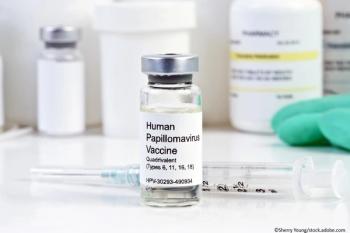
Physicians Being Under-Paid for Vaccinations
Physicians are being under-reimbursed for vaccinations nearly half the time, according to new data released by athenahealth. Most physicians are properly reimbursed for the cost of the vaccine itself, but getting paid for administration of the vaccine is another matter.
Physicians are being under-reimbursed for vaccinations nearly half the time, according to new data released by
The company reviewed vaccine payments posted on the athenaNet network from January 2009 through December 2010 including data from 158,983 individual charge lines submitted by 1427 physicians billed to 48 payers across the nation, including a mix of government, regional, and national payers. The evaluated 8 vaccines included flu; chicken pox; measles, mumps, and rubella (MMR); and HPV.
Forty-seven percent of the time the payments are too low to cover costs.
Most physicians are properly reimbursed for the cost of the vaccine itself, based on
But getting paid for the indirect costs of vaccination is another matter.
Indirect expenses add another 17% to 28% to the material costs, according to
Costs go up every time a parent asks for along explanation of the links between vaccination and autism, every time a serum gets drawn only to have a parent refuse vaccination, and every time a school or camp needs an updated vaccination record.
It’s those costs that insurers under-estimate or simply don’t reimburse for, says athenahealth.
“Nearly 50% of the time, pediatricians in this country are not being made whole by payers for carrying sometimes expensive but necessary vaccines in their inventory,” said Jonathan Bush, CEO and Chairman of athenahealth. “There are a host of expenses involved, aside from the outright cost of acquiring the vaccine, which just aren’t reflected in reimbursement levels, and under-reimbursement represents another hit in a long line of hits to the pediatrician’s bottom line. The domino effect of under-reimbursing pediatricians for vaccinations will be that fewer will order, carry, and administer the very things necessary to prevent disease and to control the spread of seasonal illness. As it is, some 5% have stopped already, or are rerouting toddlers to public health clinics for immunizations where follow-ups plummet drastically.”
The under-payment is especially acute, of course, for pediatricians, who administer so many vaccines.
Newsletter
Enhance your clinical practice with the Patient Care newsletter, offering the latest evidence-based guidelines, diagnostic insights, and treatment strategies for primary care physicians.































































































































